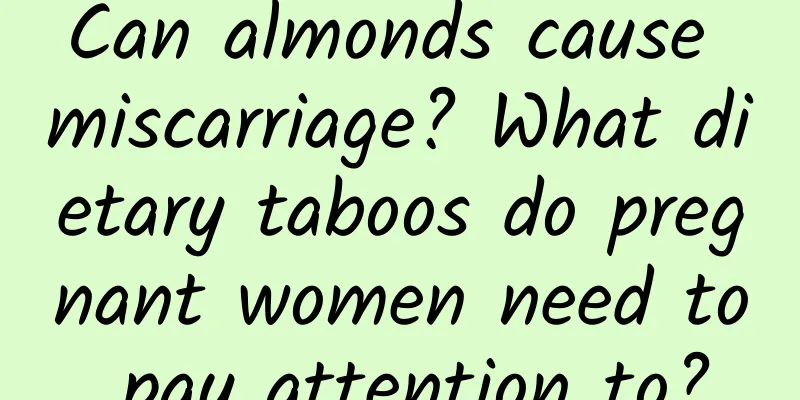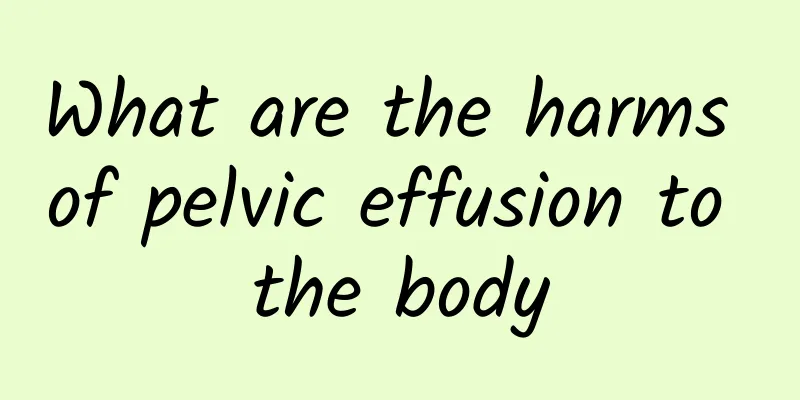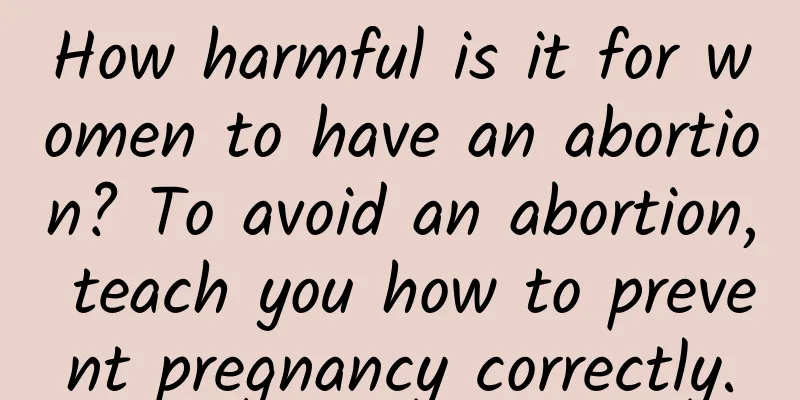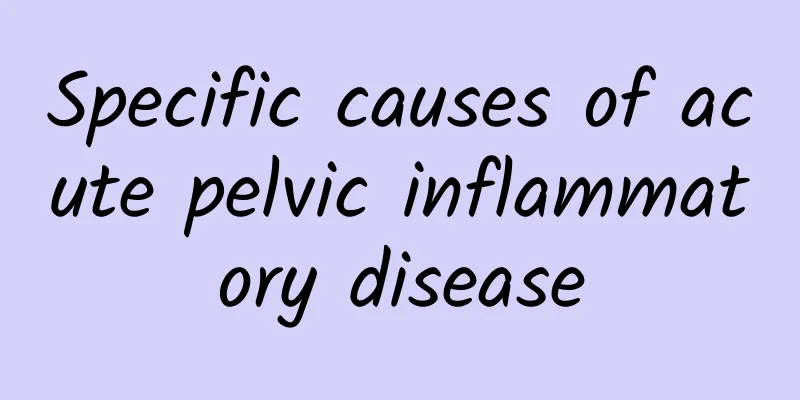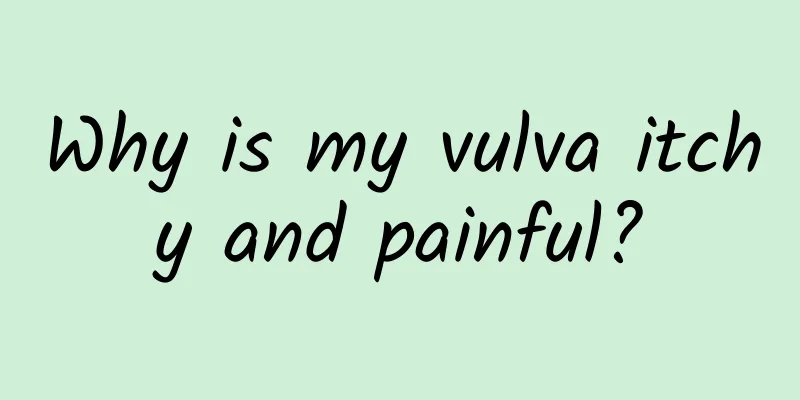What should I do if I am pregnant and I am diagnosed with uterine fibroids?
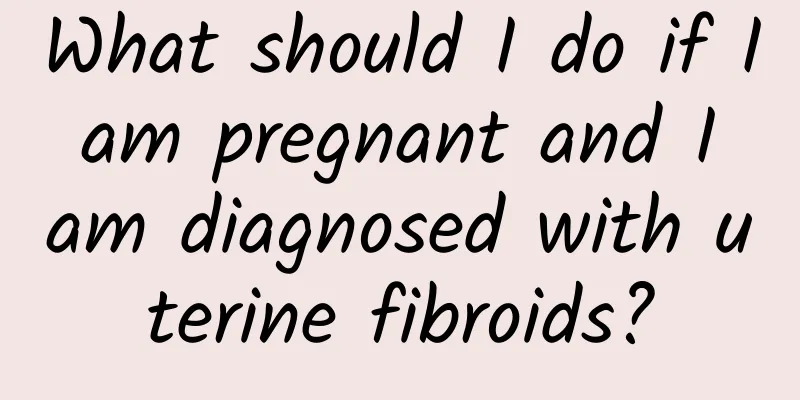
|
Uterine bleeding is the main symptom of uterine fibroids. Patients with uterine fibroids are prone to ulceration of the submucosal fibroids of the uterus or cervix. So, what should you do if you are pregnant and find out that you have uterine fibroids? Uterine fibroids are the most common benign tumors in the female reproductive organs. The presence of uterine fibroids causes uterine contraction dysfunction, making primary or secondary uterine atony more likely to occur, leading to prolonged labor or even dystocia. Regarding the question of what to do if uterine fibroids are found during pregnancy, the treatment should be based on factors such as the month of pregnancy, the size of the fibroids, and clinical manifestations. The following is a detailed introduction: 1. Treatment of uterine fibroids in early pregnancy: Intervention of uterine fibroids in early pregnancy can easily lead to miscarriage, so it can be treated until mid-pregnancy. If the fibroids are large, it is estimated that there is a greater chance of complications if the pregnancy continues. If the patient requires an artificial abortion, the pregnancy can be terminated first, and myomectomy can be performed in the short term, or myomectomy can be performed at the same time as an artificial abortion. 2. Treatment of uterine fibroids in mid-pregnancy: ① If the diameter of the fibroid is less than 6 cm and there are no symptoms, regular prenatal examinations are required and most of them do not require special treatment; ② If the diameter of the fibroid is greater than 6 cm, the fibroid may continue to grow as the uterus grows, and large fibroids are prone to red changes that stimulate uterine contractions or have peritoneal irritation symptoms. At this time, the obstetrician only recommends conservative treatment such as bed rest and the use of analgesics. 3. Treatment of uterine fibroids in late pregnancy: Small fibroids do not need to be treated. If the fibroid diameter is greater than 8 cm but there are no symptoms, cesarean section can be performed at full term, and uterine fibroid removal surgery can be performed at the same time. |
<<: Will long-term vaginitis turn into cancer?
>>: What's wrong with light menstrual color?
Recommend
Weight stagnant and can’t lose weight? Eating this way can improve your metabolism (Part 2)
Basically, from the beginning of weight loss to t...
Will I have miscarriage if I have stomach pain during pregnancy? What causes stomach pain during pregnancy?
Abdominal pain during pregnancy is a common probl...
Nutritionist: Pregnant women can avoid urinary tract infections by taking cranberries
According to statistics, 1 in 6 women will have a...
What to do if a woman has irregular menstruation? 5 types of irregular menstruation
Irregular menstruation is a common phenomenon amo...
Chocolate cyst rupture signs
The signs of chocolate cyst rupture usually inclu...
Sequelae of Bartholinitis
Bartholinitis may lead to sequelae such as repeat...
What should I do if I have pelvic inflammatory disease?
What should you do if you have pelvic inflammator...
Want to lose weight successfully and healthily? Your body tells you these 5 things you must remember
When you are constantly critical of your body sha...
Cost of uterine fibroid examination
What is the cost of checking for uterine fibroids...
Papaya stabilizes blood sugar and helps lose weight! Nutritionist Cai Yixuan: Eating at this time will double the effect
Papaya, once rated as the most nutritious fruit b...
He is the real culprit of aging! Bananas and these 3 foods can boost your immunity
The culprit that causes aging and various disease...
How much does it cost to have an abortion during pregnancy
Painless abortion is an early termination of preg...
What to do if endometrial thickness occurs
What should I do if I have thick endometrium? Thi...
Effect of treatment of cervical precancerous lesions on pregnancy outcomes
Women who suffer from cervical precancerous lesio...
What are the effects of intrauterine adhesions and cervical adhesions on fertility? What are the hazards of intrauterine adhesions?
The uterine cavity is where the fertilized egg im...
